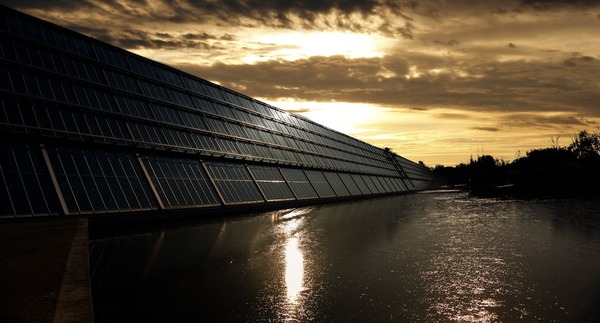Earlier this week, Italy, Albania, and the United Arab Emirates (UAE) finalized a renewable energy agreement valued at no less than 1 billion euros ($1 billion). The project, announced during the World Future Energy Summit in Abu Dhabi, will involve the construction of an underwater power connection across the Adriatic Sea. This infrastructure is designed to transmit renewable energy generated in Albania to Italy, enhancing energy cooperation between the countries.
Italian Prime Minister Giorgia Meloni described the agreement as a collaborative effort involving not just the governments but also private companies and grid operators from the three nations. The Albanian Prime Minister, Edi Rama, further explained that the project will link Vlore, a port city in Albania, with Puglia, a region in southern Italy, through subsea cables. According to Rama, the connection is expected to become operational within three years. The Italian grid operator, Terna, and the UAE’s National Energy Company, Taqa, will oversee the implementation of the project.
The interconnection aims to provide renewable energy to Italy from Albania’s power production. Beyond this project, renewable energy developments are taking place in each of these countries. Italy has made efforts to expand its renewable energy sector, particularly in solar and wind power. Its solar capacity exceeds 25 gigawatts (GW), while wind energy installations have reached approximately 12 GW, with a focus on southern regions like Sicily and Sardinia.
Albania, meanwhile, relies heavily on hydropower, which currently meets almost all its electricity needs. To diversify its energy sources, the country is working on solar projects, including the Karavasta solar park, which will have a capacity of 140 megawatts (MW).
In the UAE, renewable energy remains a priority. The Mohammed bin Rashid Al Maktoum Solar Park in Dubai is among the largest in the world, with an operational capacity of 2 GW and plans to reach 5 GW by 2030.


